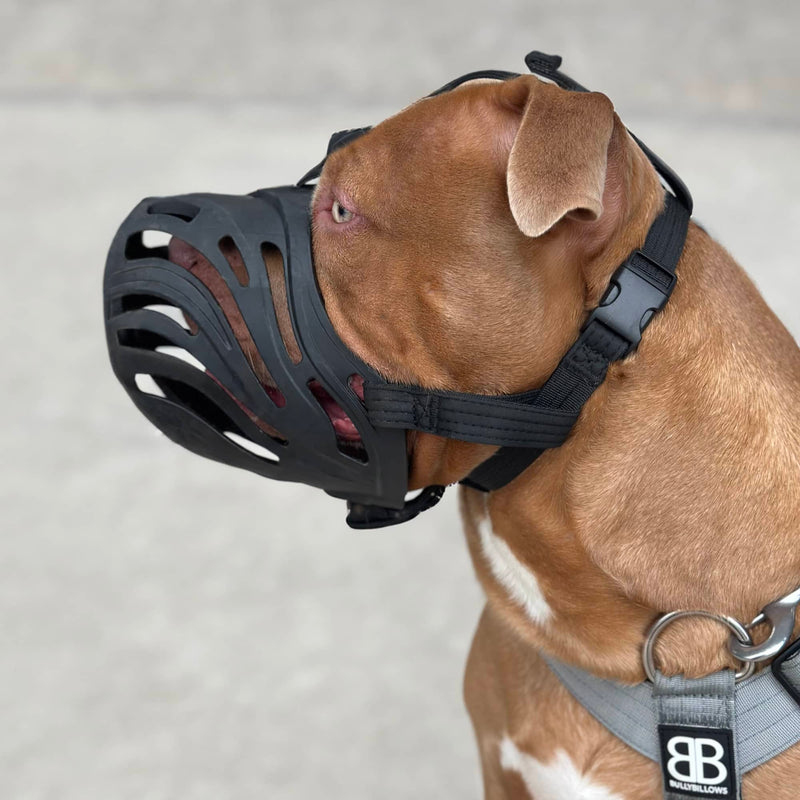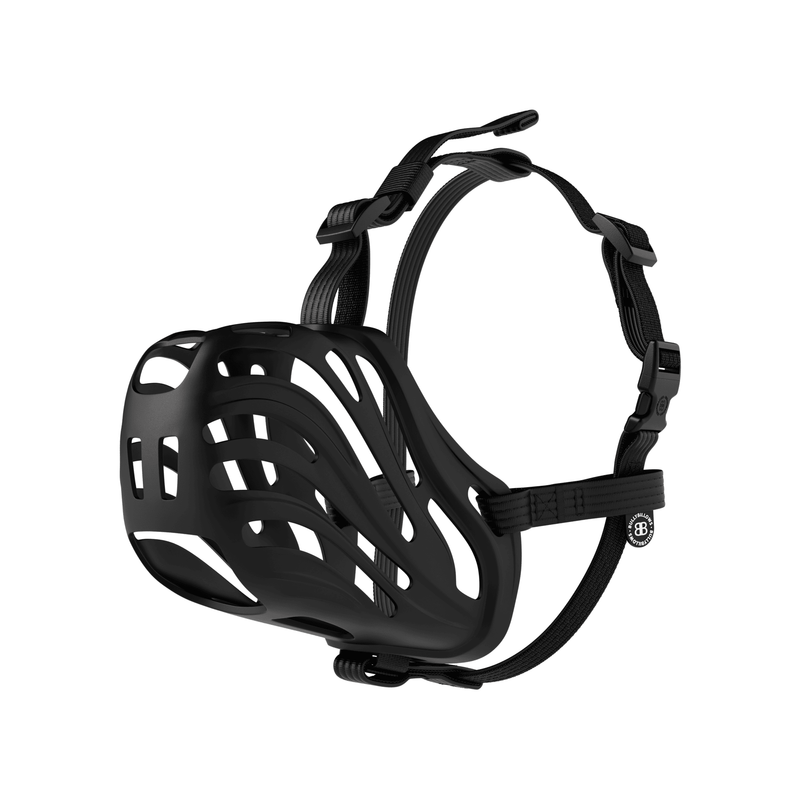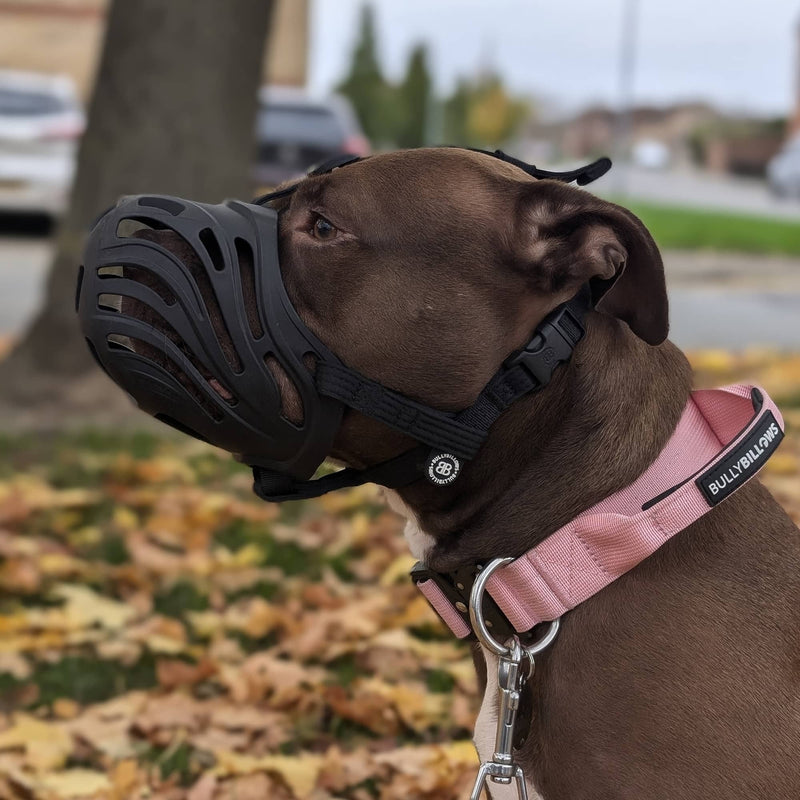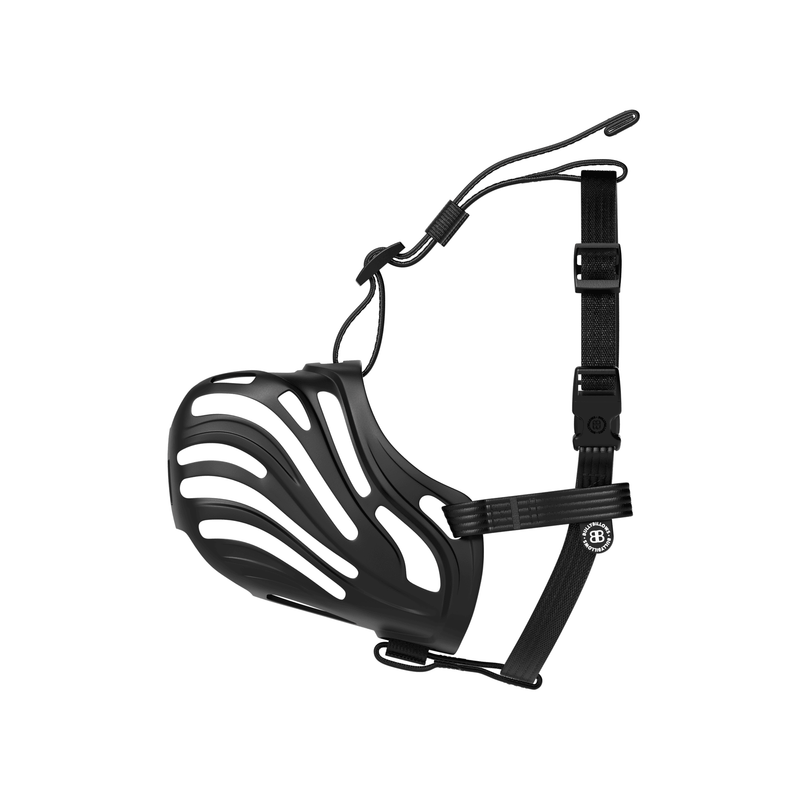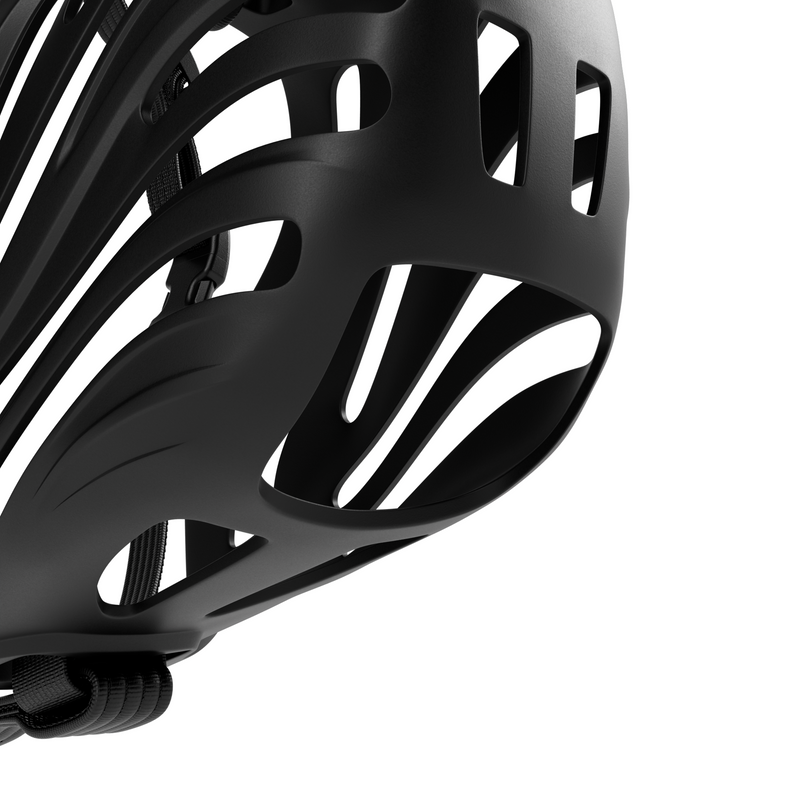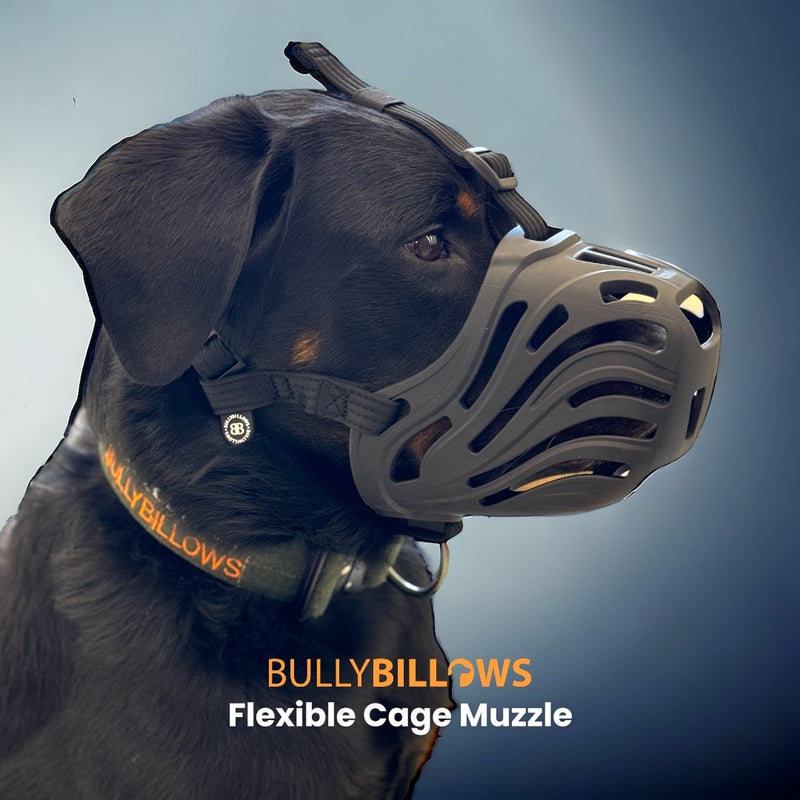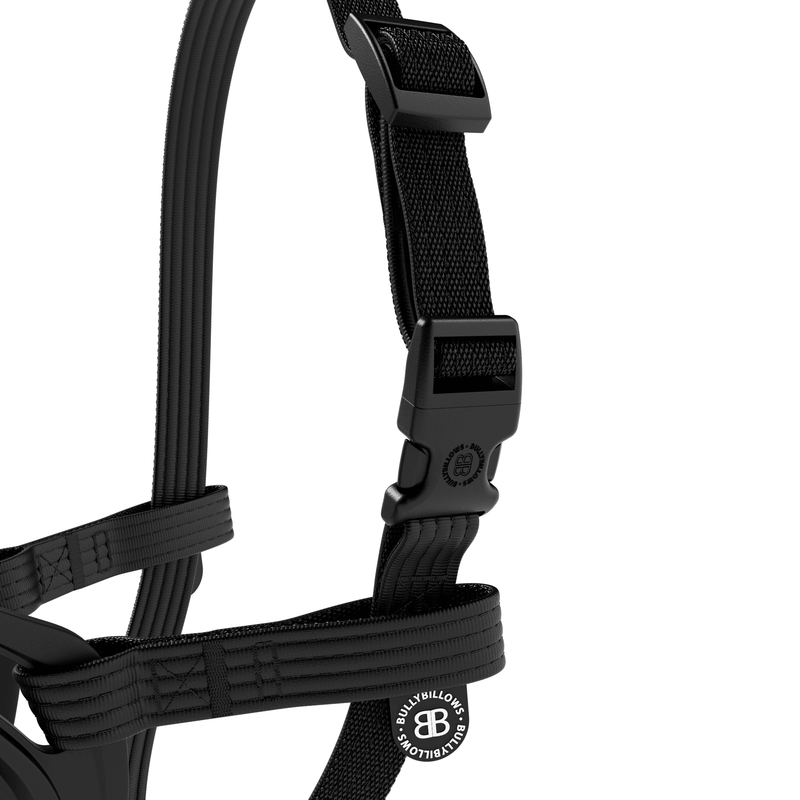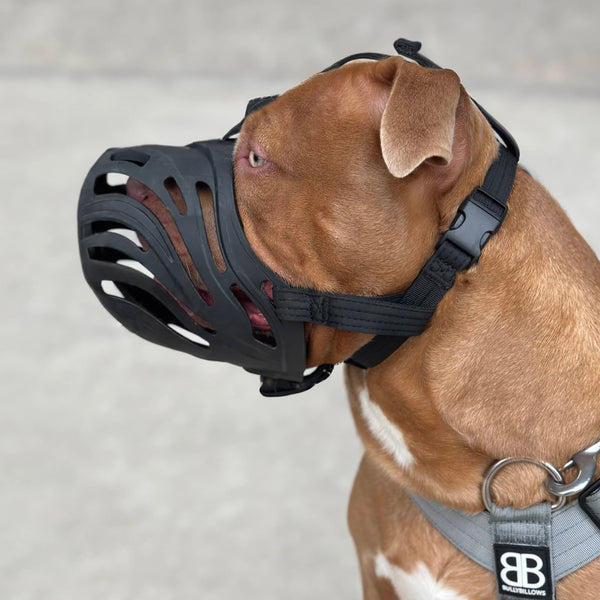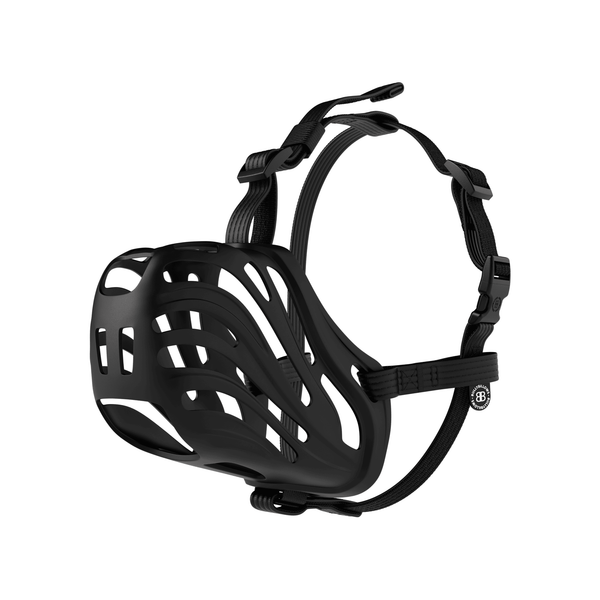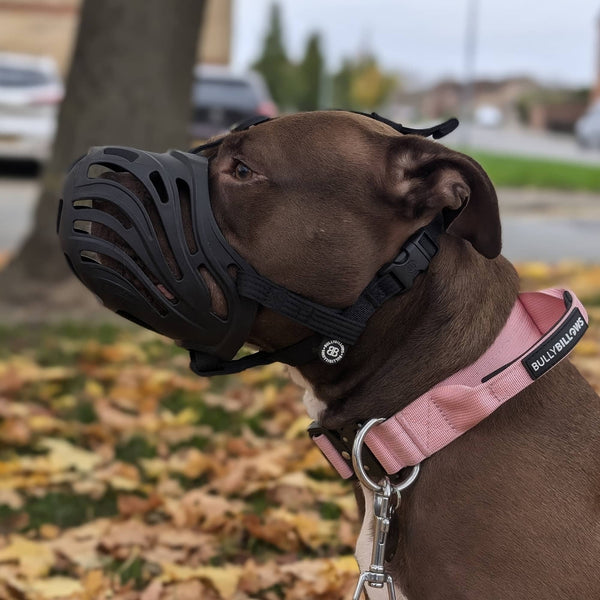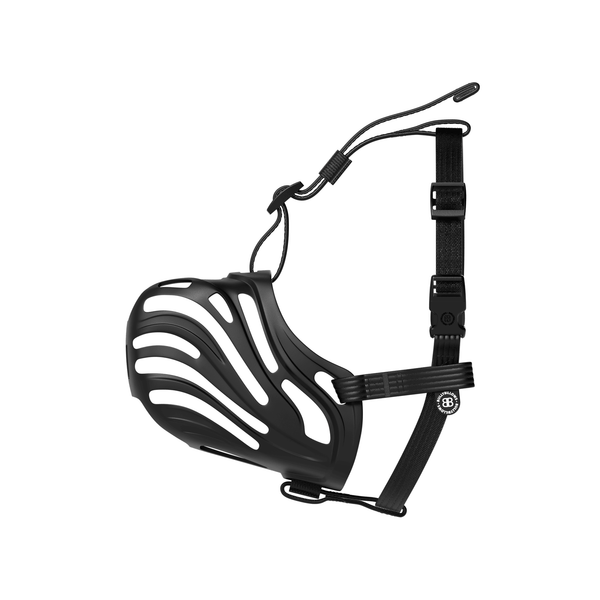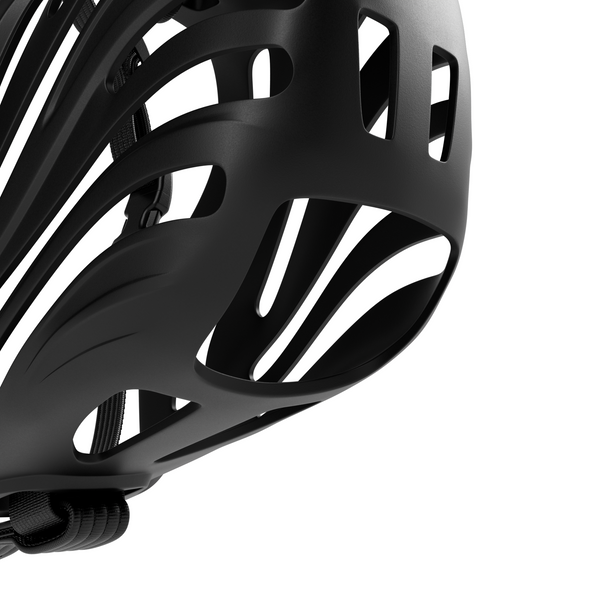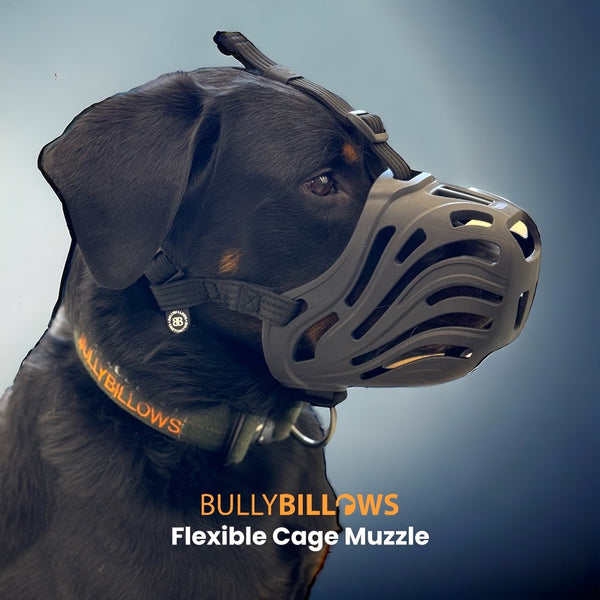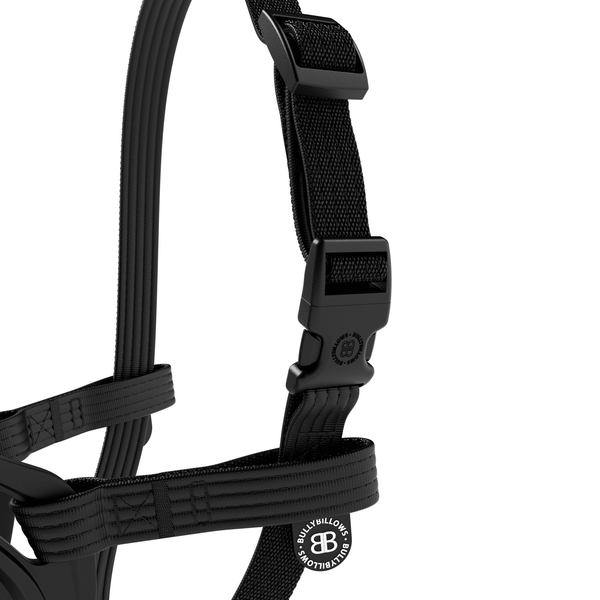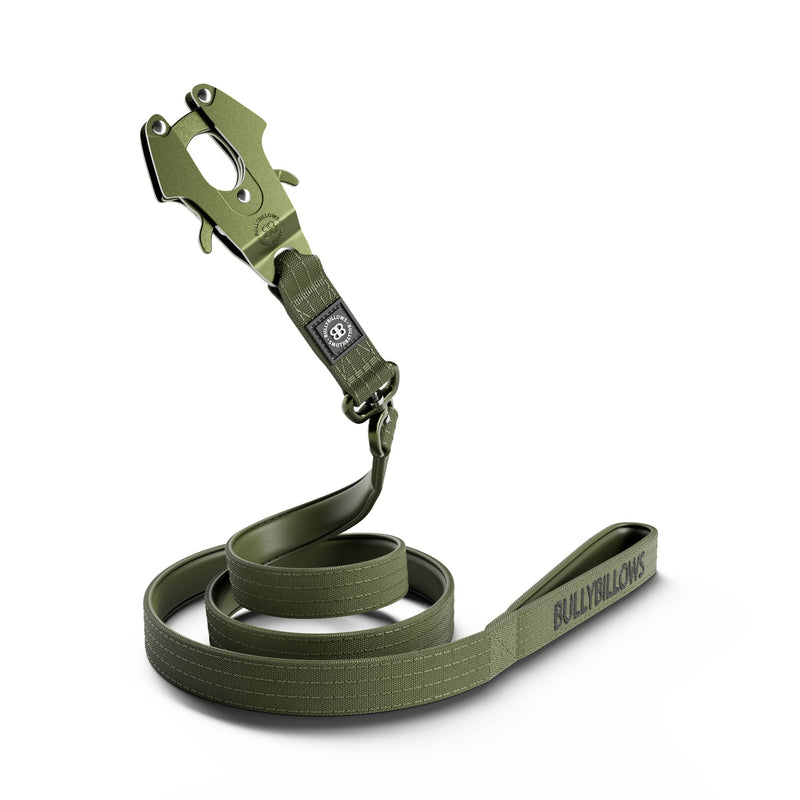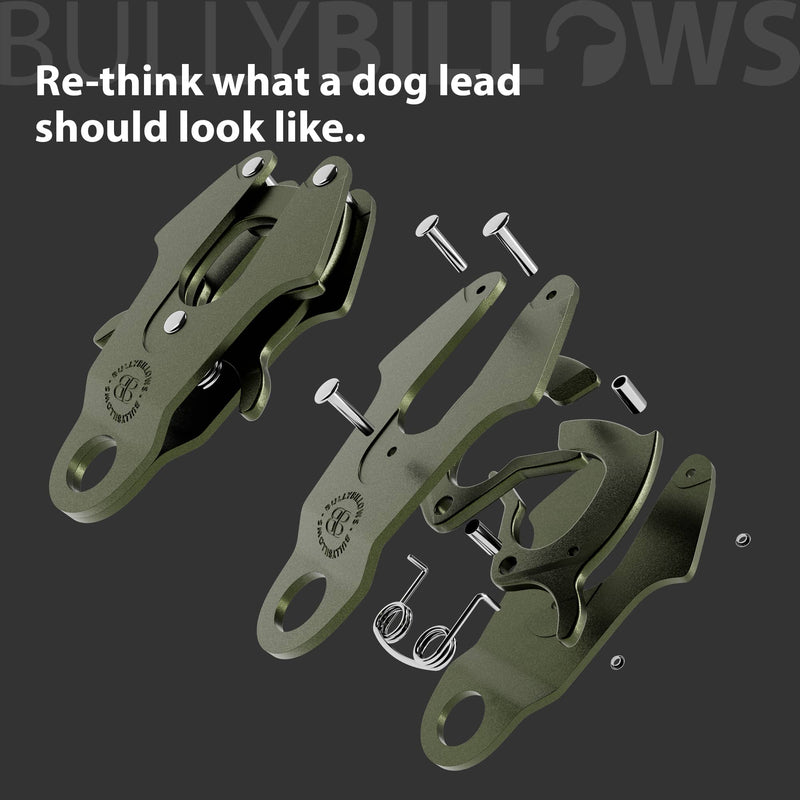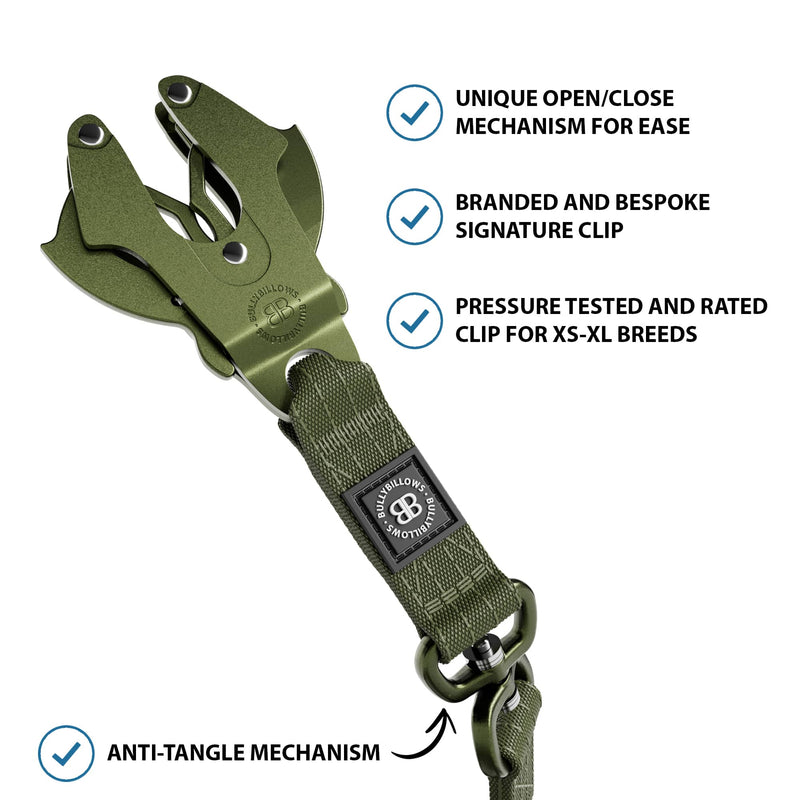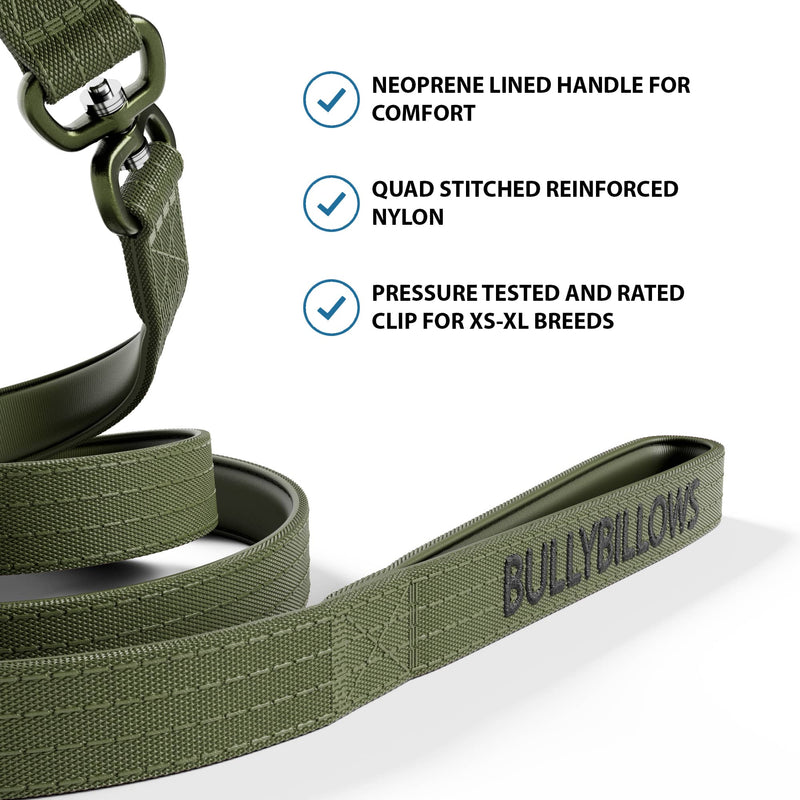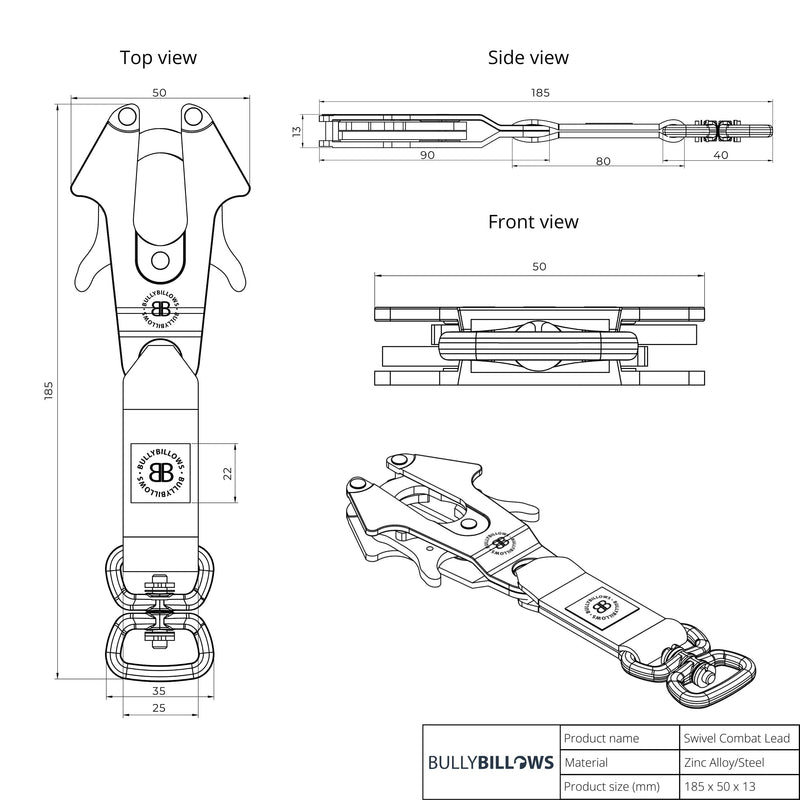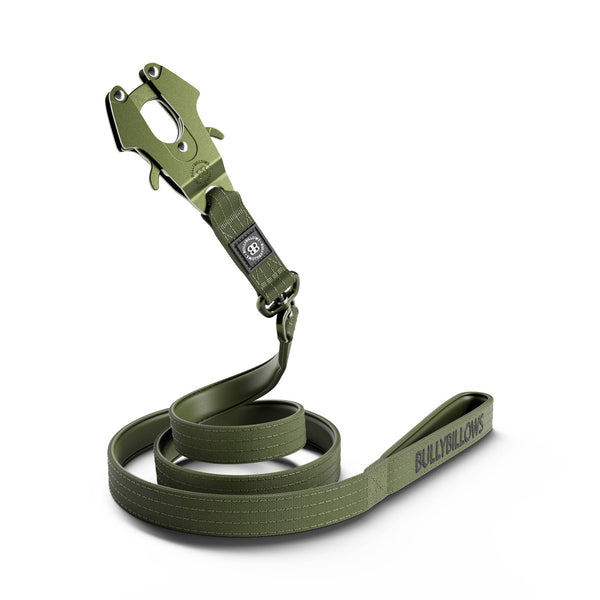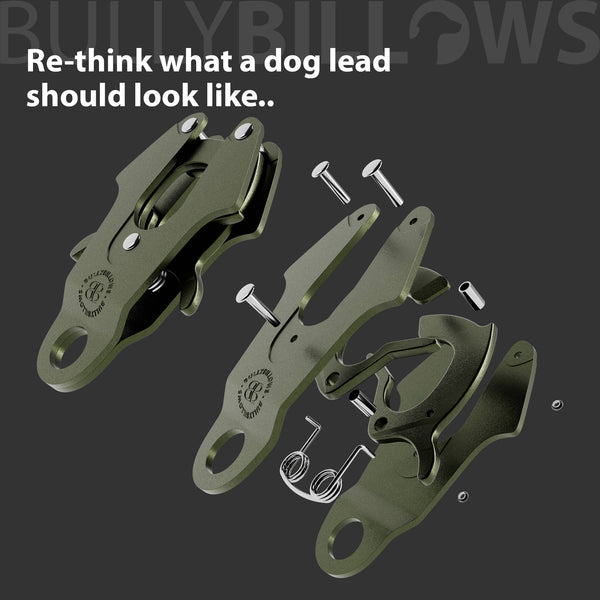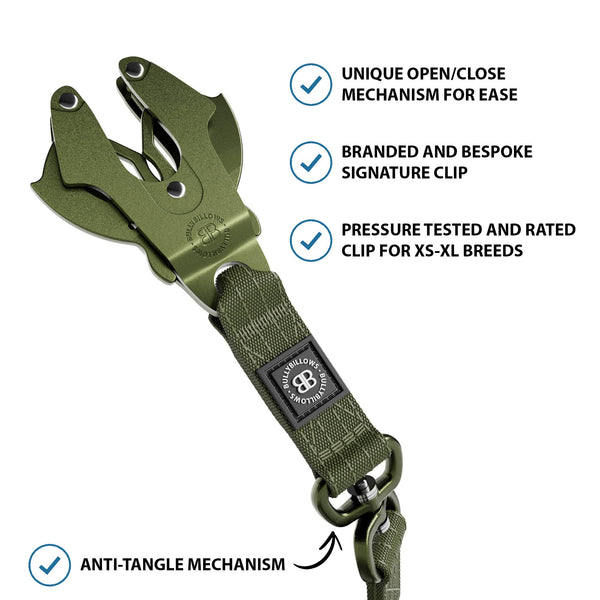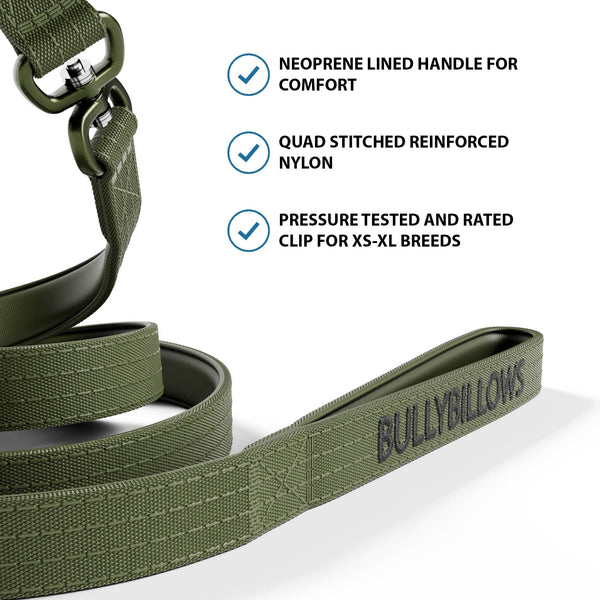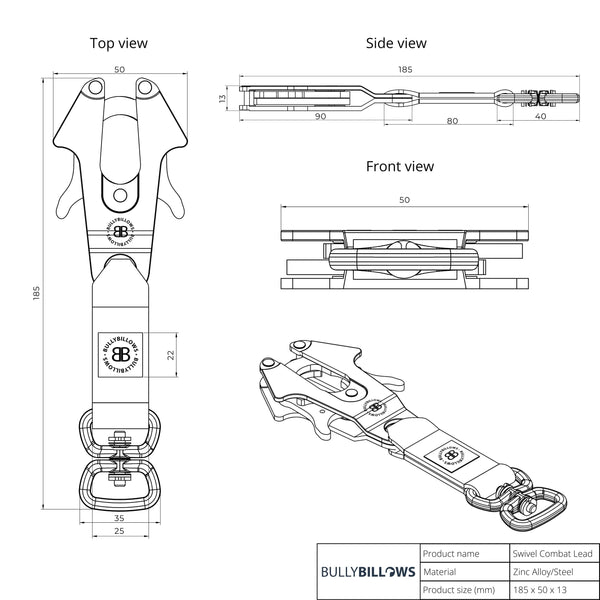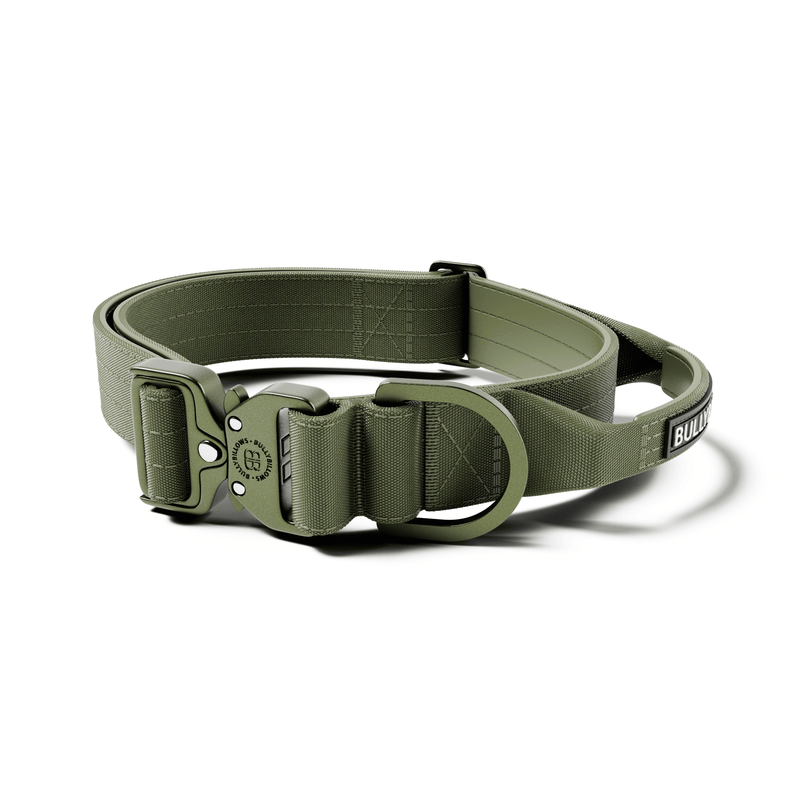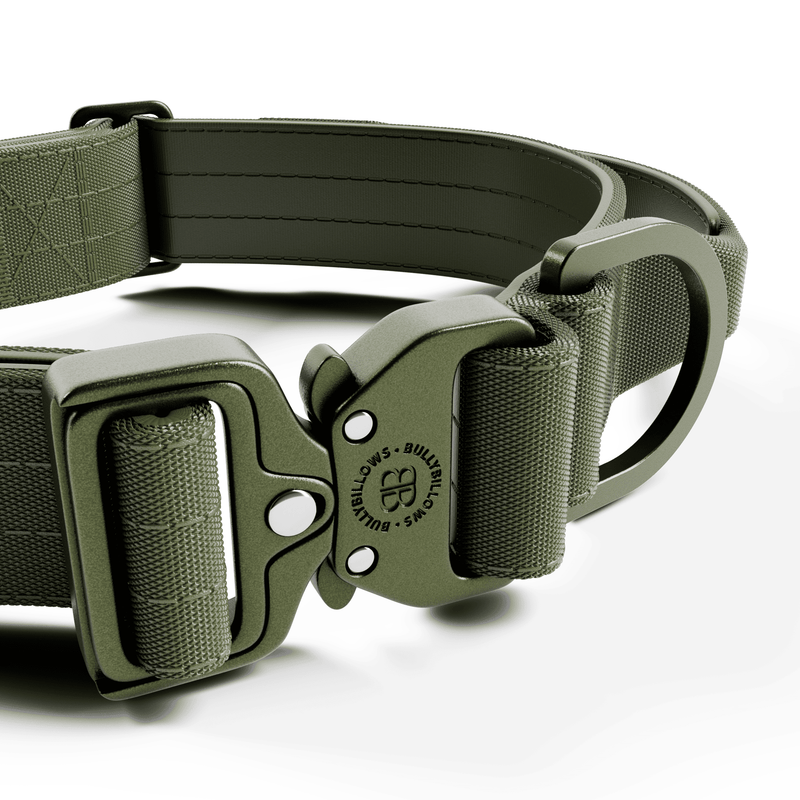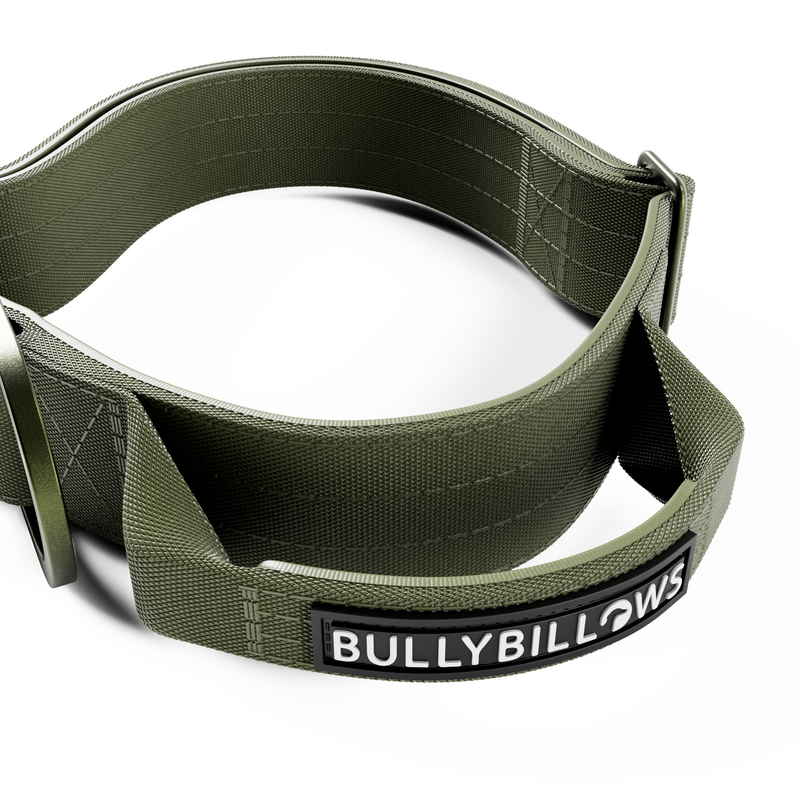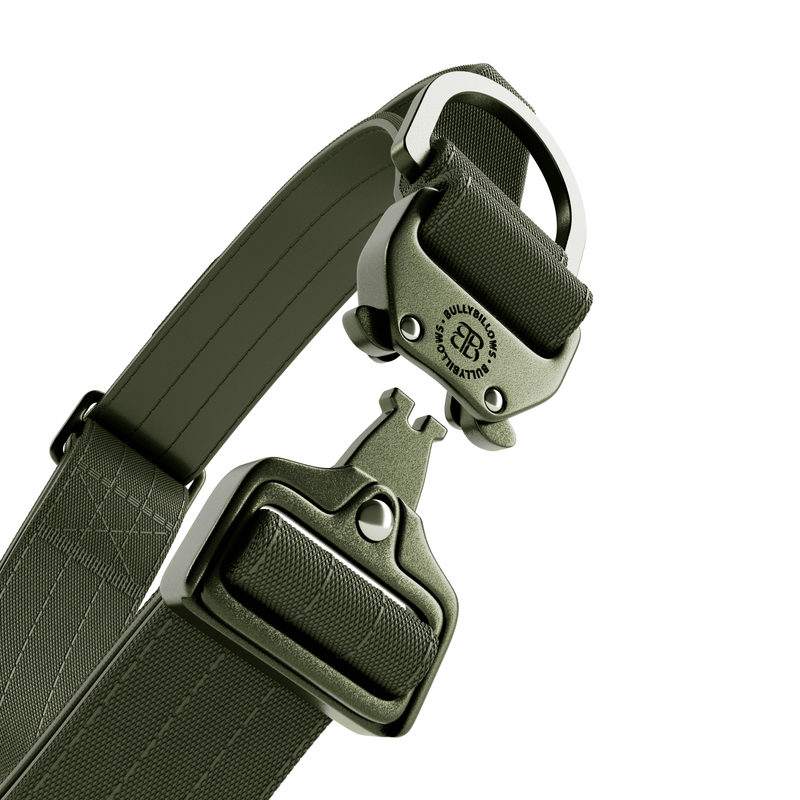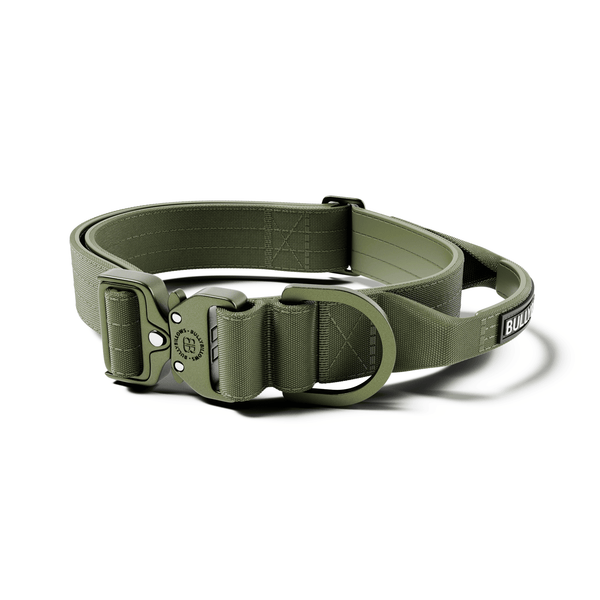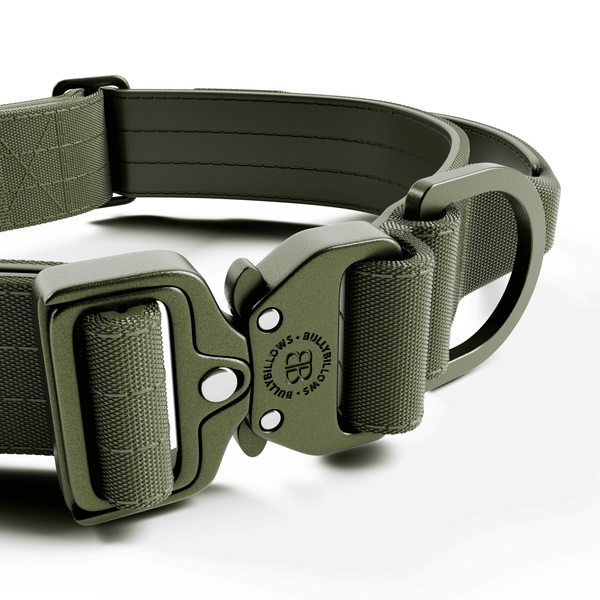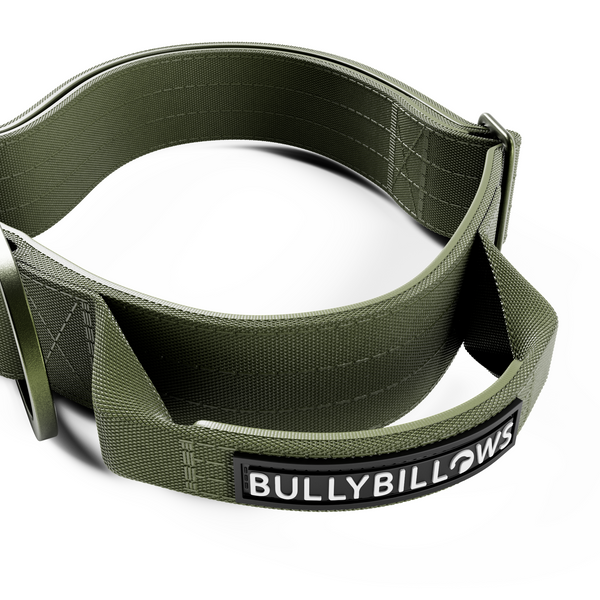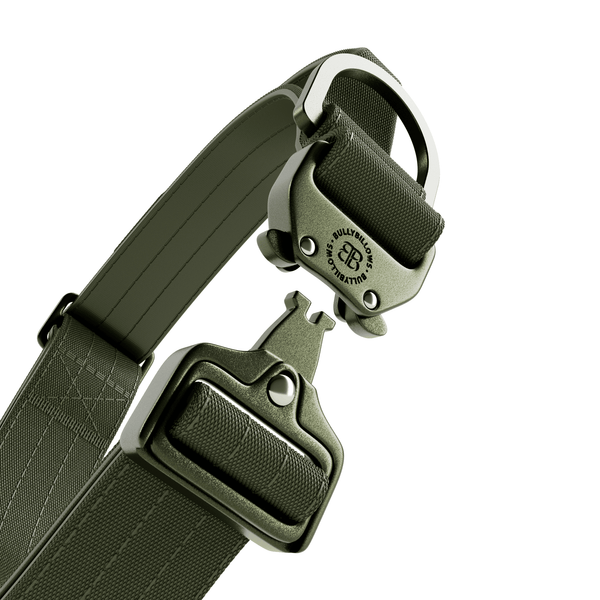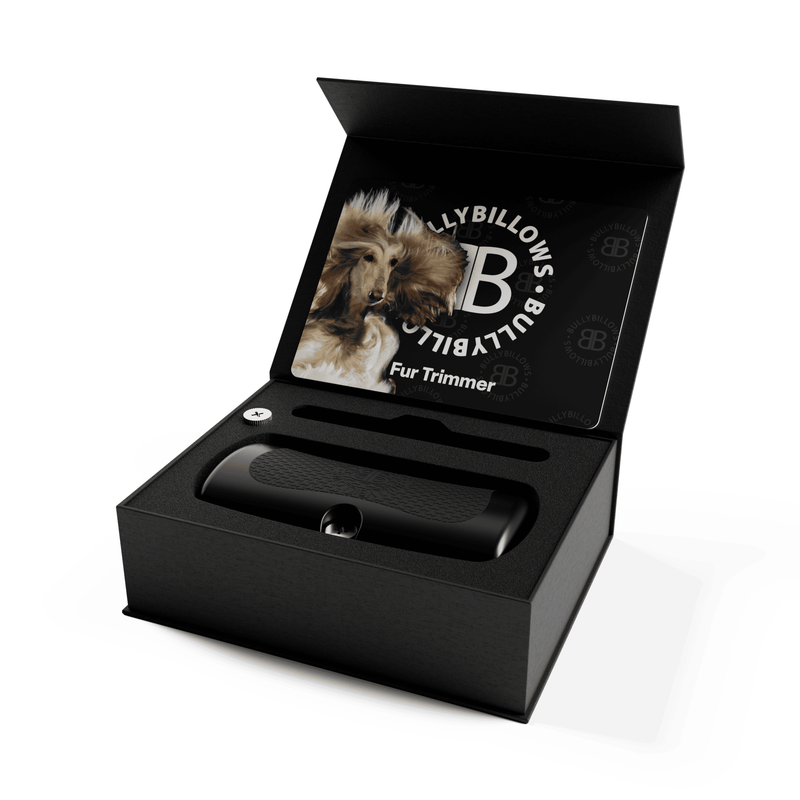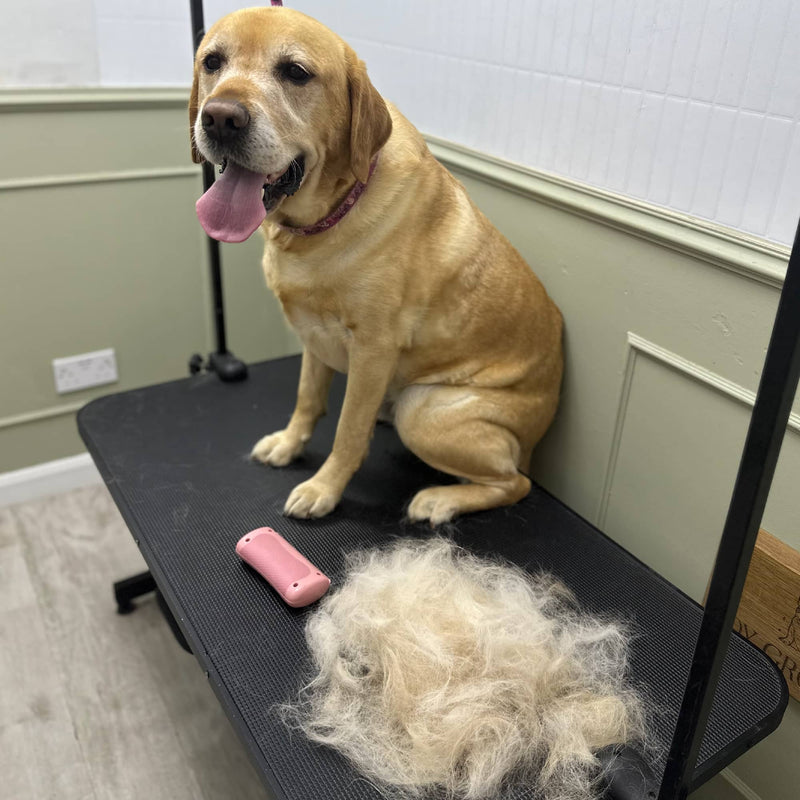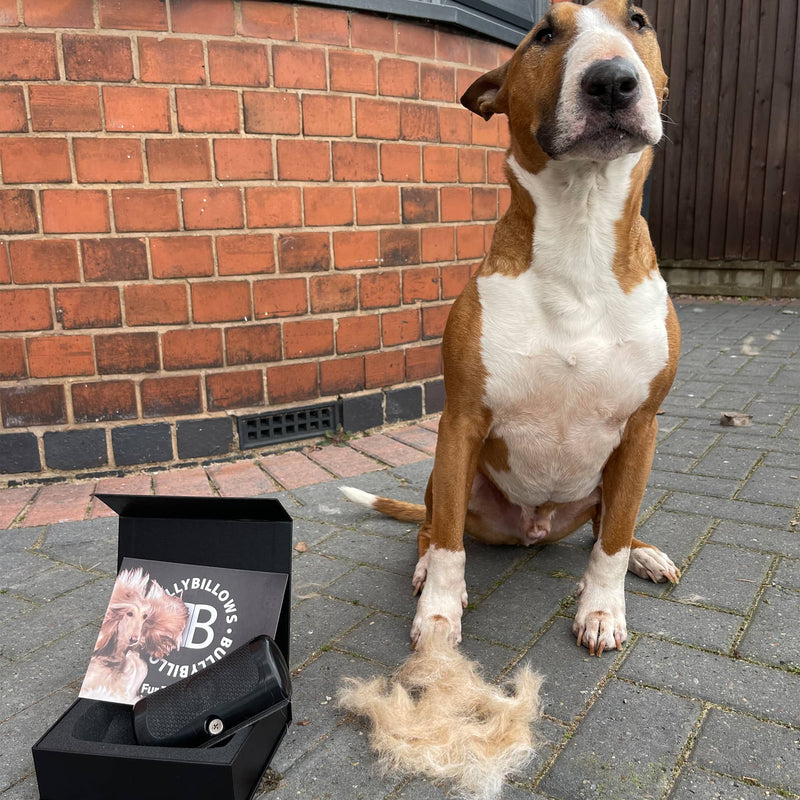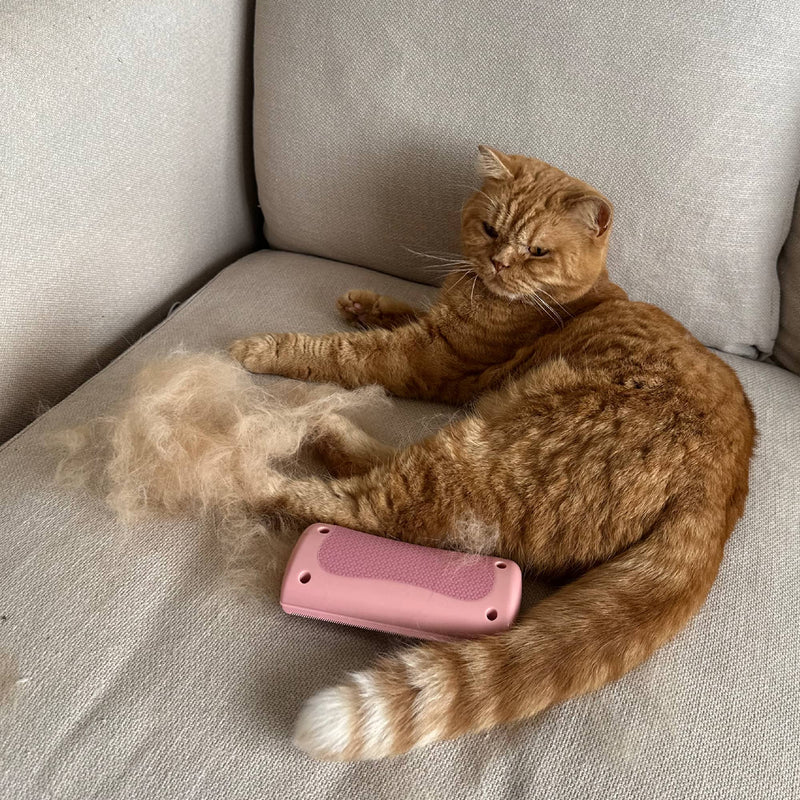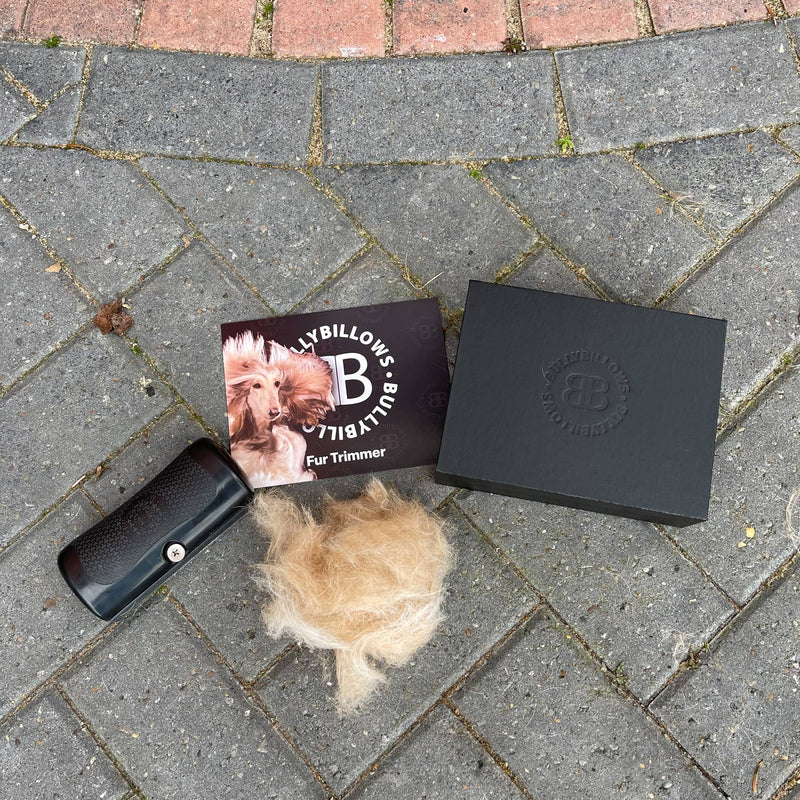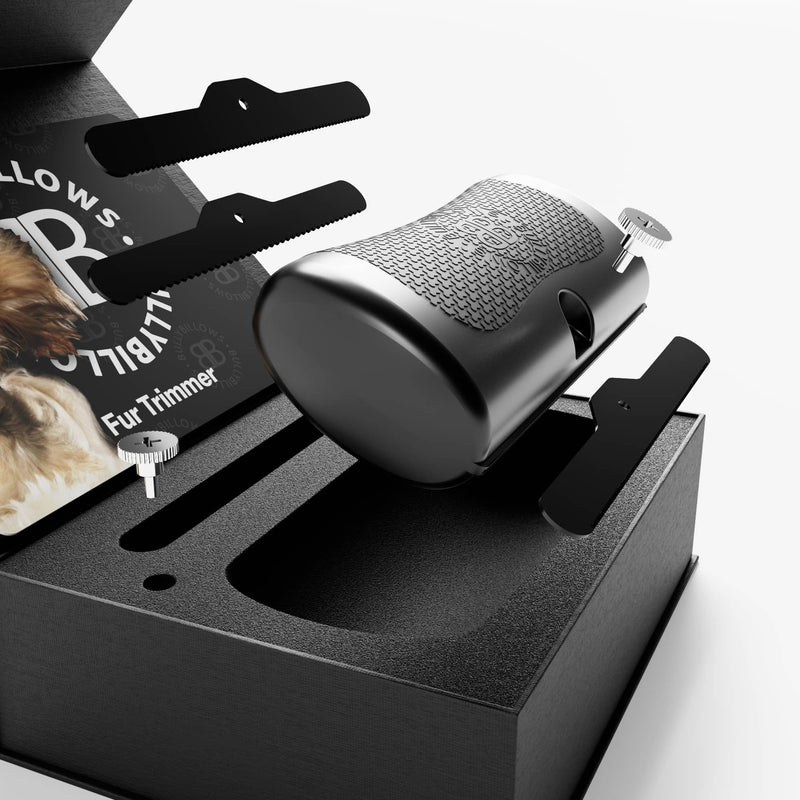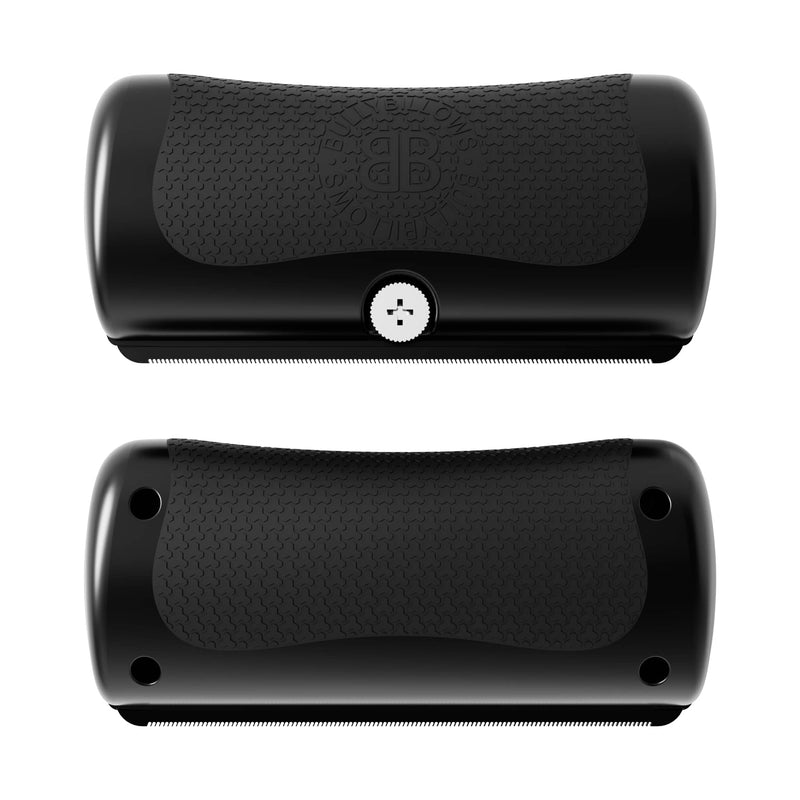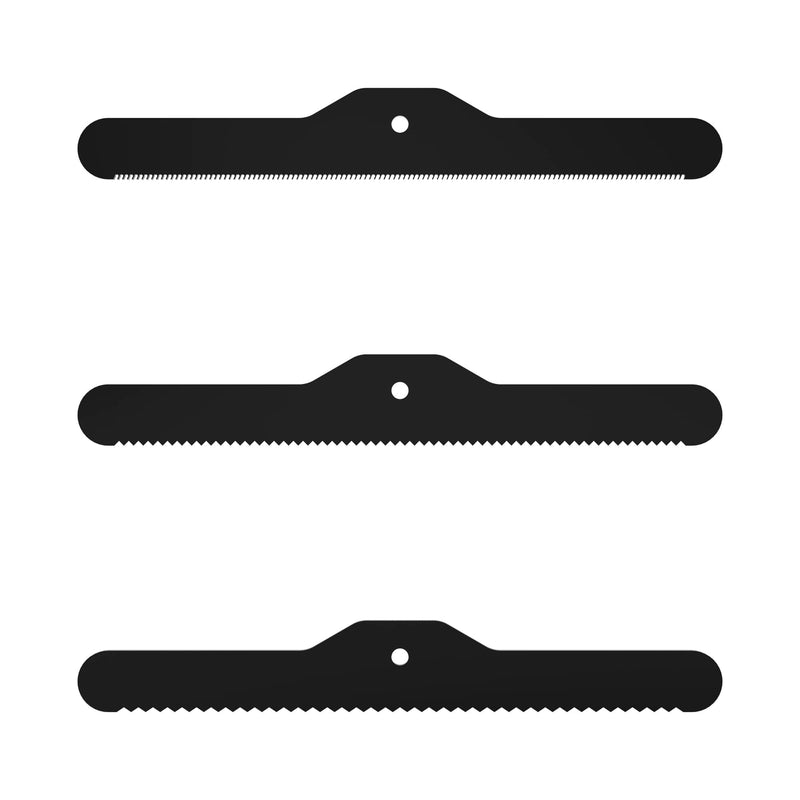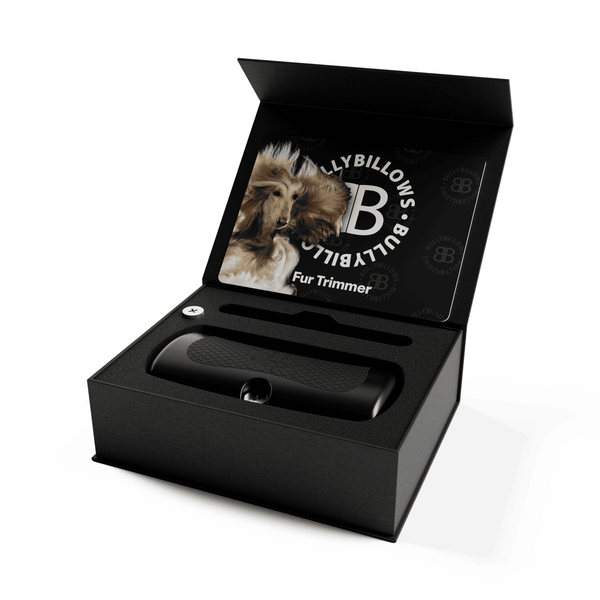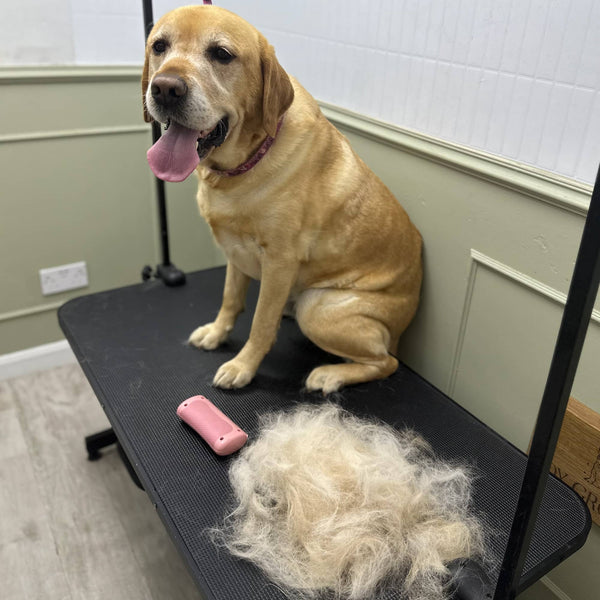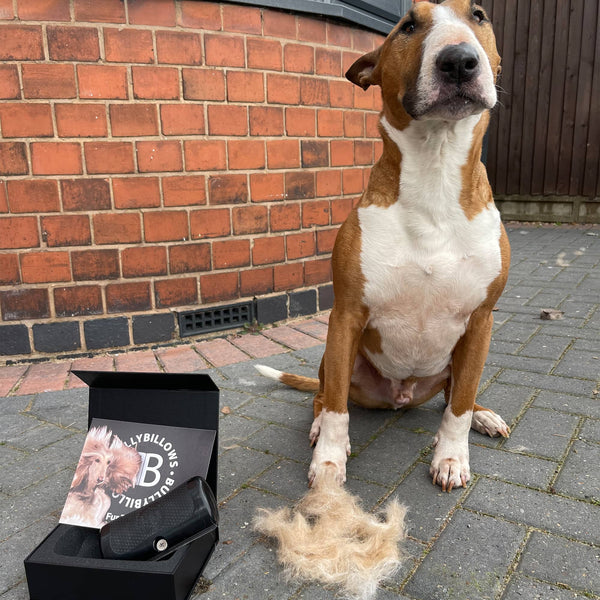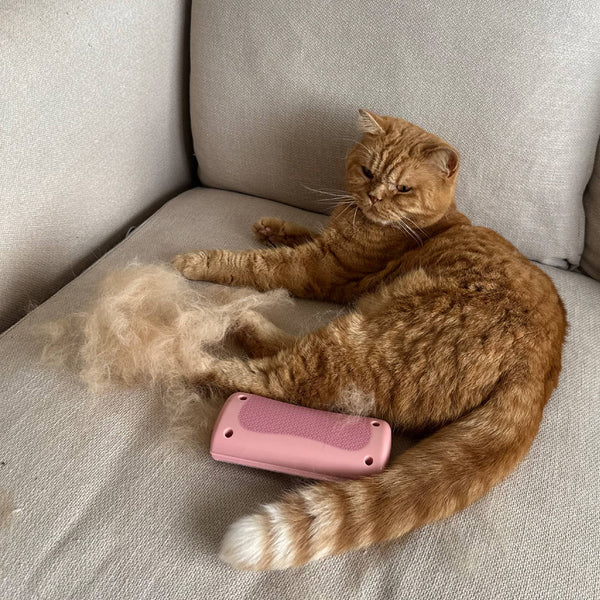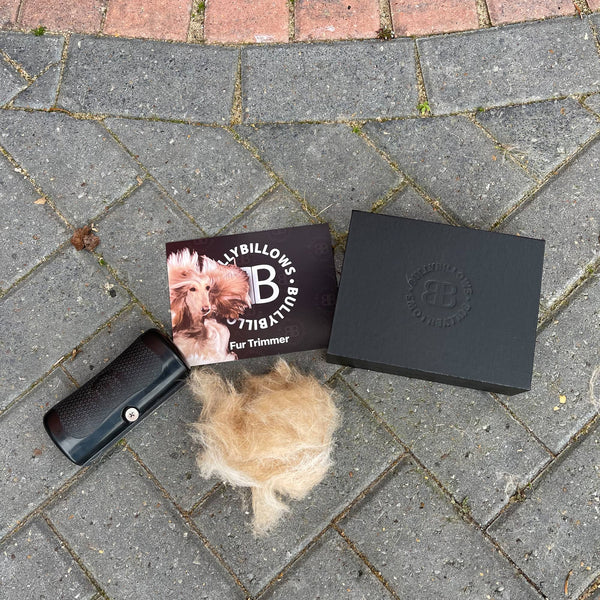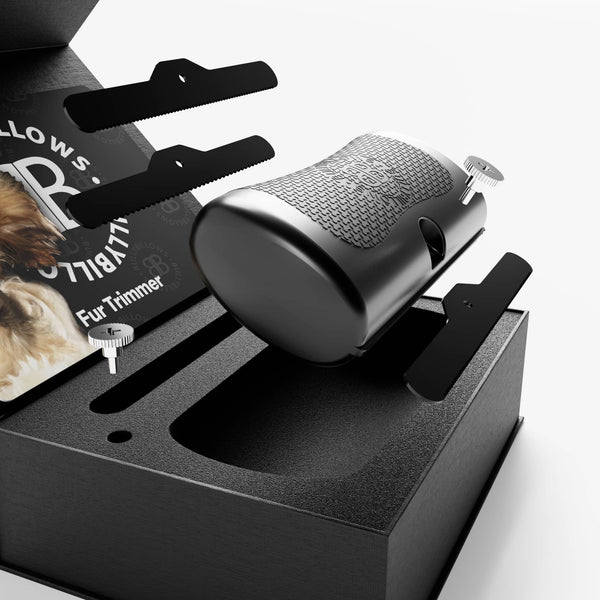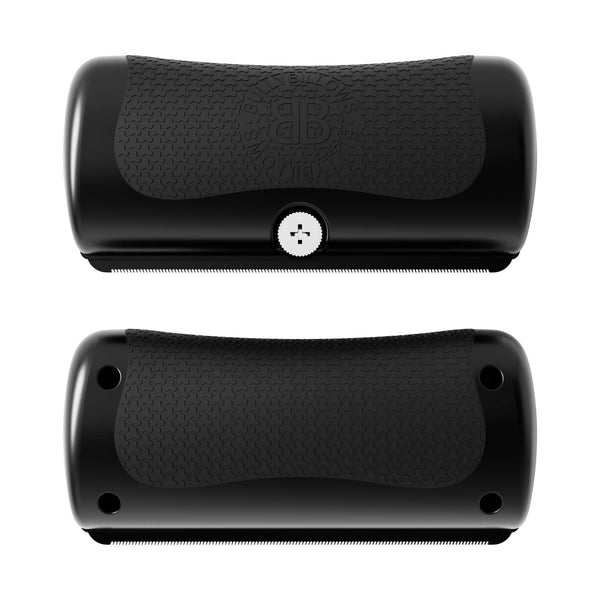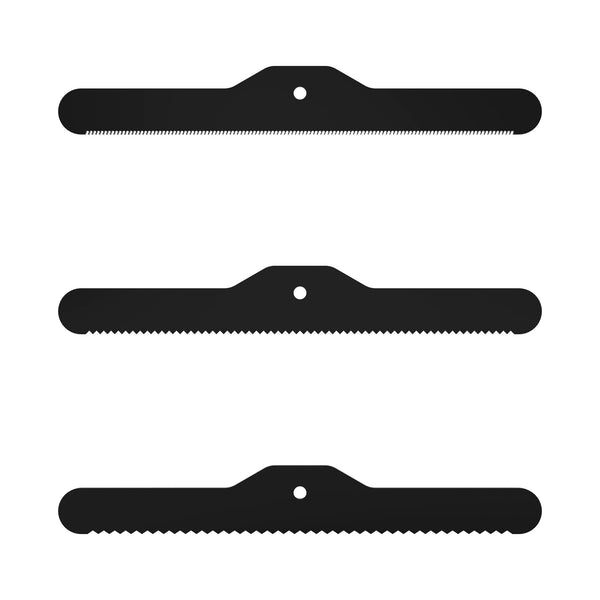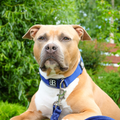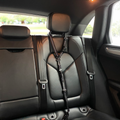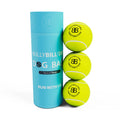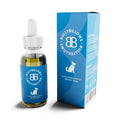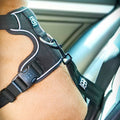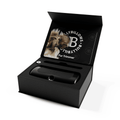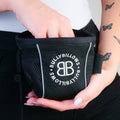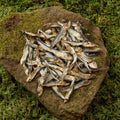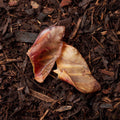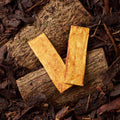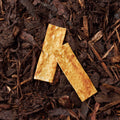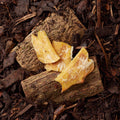Puppies require a lot of love, attention and training to become the well-rounded doggos we all aim to have in our lives. In this article, we take you through our top tips for training dogs with behavioural problems.
If your pup is peeing in the home, being destructive, or ignoring your commands, we have listed the best ways to approach these issues. We have even listed these solutions in steps, so they will be easy to action. Especially if training your puppy feels a little overwhelming, that’s completely normal!
Let’s discuss puppy behavioural problems, and give you the solution to fix them…
Peeing in the home
One of the most common puppy behaviour problems is peeing in places where they aren’t supposed to pee! Your furry friend will likely pee in random places such as outside your door, on the couch and on your rug. And to make matters more concerning, a dog peeing indoors can lead to repeated behaviour.
How to housetrain a puppy
The best way to beat such unwanted behaviour is house training your pup. Basically, create a schedule for peeing and take the pup outside to pee; this can be after meals, first thing in the morning, or immediately before bed.
Remember, when house training your pup, don’t shout at them if they do go to the toilet in your home – they won’t have done this to anger or upset you. They’re only young and are learning, so be kind and patient.
Step 1: Show them when the best time to go to the toilet is. First thing in the morning, wake up and let them out into the garden.
Once they have eaten, let them out into the garden. After they drink a reasonable amount of water, you guessed it, open the door and let them out into the garden. Also, do this before bed. Your dog should start to see these as cues to go to the toilet and, ultimately, stop peeing in your lovely home.
Step 2: Even between these allocated times, give your dog the opportunity to go to the garden to pee.
Step 3: Reward peeing and pooping in the garden. Once your dog has gone to the toilet in the correct place, let them know how proud you are! This can be with words of affection, treats, or strokes.
Top house training tip: Make sure you thoroughly clean up after your dog if they go to the toilet in your home. The smell needs to be completely gone as your pup could smell this and think it is an acceptable place to pee or poop again.
Being destructive
Some dogs can be very destructive, especially in their early years.
A great way of dealing with a destructive puppy is by warning them against the behaviour before it starts. Don’t worry, we don’t mean by predicting the future. But, by looking out for the cues and signs that your pup may begin destructive behaviour.
Some typical destructive behaviours that your pup may adopt include chewing belongings and furniture, hyperactivity, and eating faeces.
Play with them
To deal with a hyperactive pup, provide lots of opportunities to exercise. To help combat destructive behaviour, playing with your puppy so they get a lot of energy out of their system could help. Mentally stimulating games will significantly help deal with all that extra energy.
Depending on the kind of play your pup is involved in, you can use it to foster good behaviour. Games such as running to compete in a race with humans can help build the dog's confidence and use energy.
Provide chew toys and a safe space
Puppies want to explore the world by chewing different things. To curb this, limit how much furniture and household items they have access to when you’re not around.
Instead, provide your dog with suitable chew toys in a doggy-friendly environment. Whether that be a room you are confident they won’t be destructive in, their crate or any room they are supervised in.
Ignoring commands
Ignoring commands is a common issue with new puppy owners. Fear not! This common problem has a solution…
Praise good behaviour
Seize the opportunity to praise good behaviour. Let your pup know you’re proud of them if they are lying quietly and aren't barking or respond to you when you make a command. If you are walking with your pup and they stay beside you on the leash, give them a treat afterwards, reinforcing praise when it’s due.
Consistency is vital to effectively dealing with puppy behaviour problems. Everyone around you must follow the same rules, reinforcing good behaviour.
Related Article: How To Train Your Dog With Positive Reinforcement
Treat your dog
As praising good behaviour is important when it comes to training your dog, you’ll want to make sure you have a good treat bag for those all-important games and walkies.

See our treat pouches – available in black, khaki, pink and two different styles.
Shop Dog Treat Bags
Shop the best dog accessories
Shop Dog Accessories today at BullyBillows, the perfect accessories for little dogs with a big attitude! Explore our Dog Harnesses, Dog Collars, and Dog Leads with BullyBillows.
Discover more with BullyBillows
We hope you found this article helpful. And, for the very latest canine news, bookmark our Dog Blog. Or check out these articles we think you’ll love…
Dog Walking Must-Haves Guide | Dog & Puppy Dental Care Guide | Dog Grooming and Care Guide | Tips for Preventing Fleas and Ticks on Dogs


